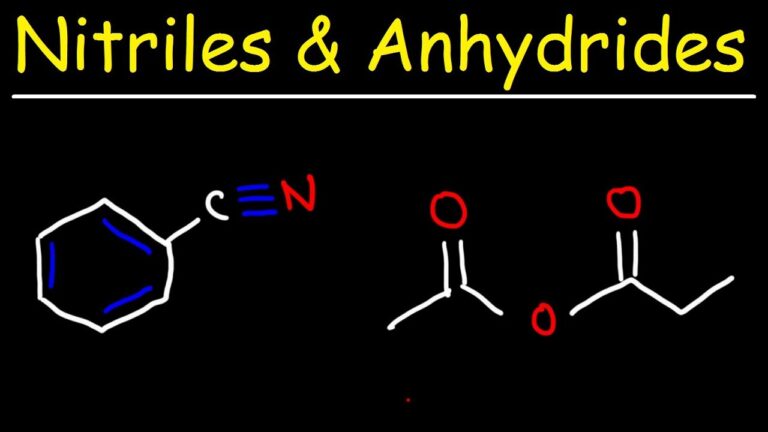Everything You Need to Know About Amino Acids: Benefits, Types and Sources
The human body is a complex machine that requires a variety of nutrients to function properly. One of the most important of these nutrients is amino acids. These building blocks of protein play a crucial role in many bodily processes, from building and repairing tissues to producing enzymes and hormones.
The Basics of Amino Acids
Amino acids are organic compounds that contain both an amino group (-NH2) and a carboxyl group (-COOH). There are 20 different amino acids that are commonly found in proteins, each with its own unique side chain. These side chains are what give each amino acid its unique properties.
While the human body can make some amino acids on its own, there are nine essential amino acids that must be obtained through diet. These include histidine, isoleucine, leucine, lysine, methionine, phenylalanine, threonine, tryptophan, and valine.
The Role of Amino Acids in the Body
Amino acids are essential for a wide range of bodily functions. They are used to build and repair tissues, including muscles, bones, skin, and hair. They are also used to produce enzymes, hormones, and other important biochemicals.
Some amino acids also play a role in energy production. For example, the amino acid alanine can be converted into glucose by the liver and used as fuel by the body. Similarly, the amino acid glutamine is used to fuel cells in the intestines and immune system.
Types of Amino Acids
The 20 different amino acids found in proteins can be divided into several categories based on their properties:
- Essential amino acids: These are the nine amino acids that the body cannot make on its own and must be obtained through diet.
- Nonessential amino acids: These are the amino acids that the body can produce on its own.
- Conditional amino acids: These are amino acids that are essential only in certain circumstances, such as during times of illness or stress. Examples include arginine, cysteine, and tyrosine.
- Branched-chain amino acids (BCAAs): These are three essential amino acids – leucine, isoleucine, and valine – that are particularly important for muscle growth and repair.
Sources of Amino Acids
While animal products such as meat, poultry, fish, and dairy are some of the richest sources of amino acids, vegetarians and vegans can still get all the essential amino acids they need by eating a variety of plant-based protein sources. Some good plant-based sources of amino acids include:
- Quinoa
- Legumes (beans, lentils, chickpeas)
- Soy products (tofu, tempeh)
- Nuts and seeds
- Seitan (a wheat-based protein)
It’s important to consume an adequate amount of protein every day to ensure that the body has all the amino acids it needs to function properly. The recommended daily intake of protein varies depending on factors such as age, sex, weight, and activity level.
Conclusion
Amino acids are crucial nutrients that play an important role in many bodily processes. While the human body can make some amino acids on its own, there are nine essential amino acids that must be obtained through diet. By consuming a variety of protein sources – whether from animal products or plant-based sources – we can ensure that our bodies have all the amino acids they need to stay healthy and function properly.
Contents
Most searched products:
Does Sephora Support Israel? Answering Your Questions
The Ultimate Guide to Azealic Acid: Benefits, Uses, and Side Effects
How Long Does Glycolic Acid Take to Show Results: Your Ultimate Guide
Discover the Benefits of The Ordinary Botox for Your Skin
The Ultimate Reviews of The Ordinary Peeling Solution
The Ultimate Guide to The Ordinary Colours Foundation: Reviews, Swatches, and Tips
The Perfect Order: When to Use Retinol and Niacinamide in Your Skincare Routine
Unlock the Power of Hyaluronic: Benefits, Uses, and Top Products
Say Goodbye to B.O with Glycolic Acid Deodorant: The Secret to Long-Lasting Freshness
Unlock Smooth and Supple Skin: Discover the Best Skincare Products for Skin Suppleness













